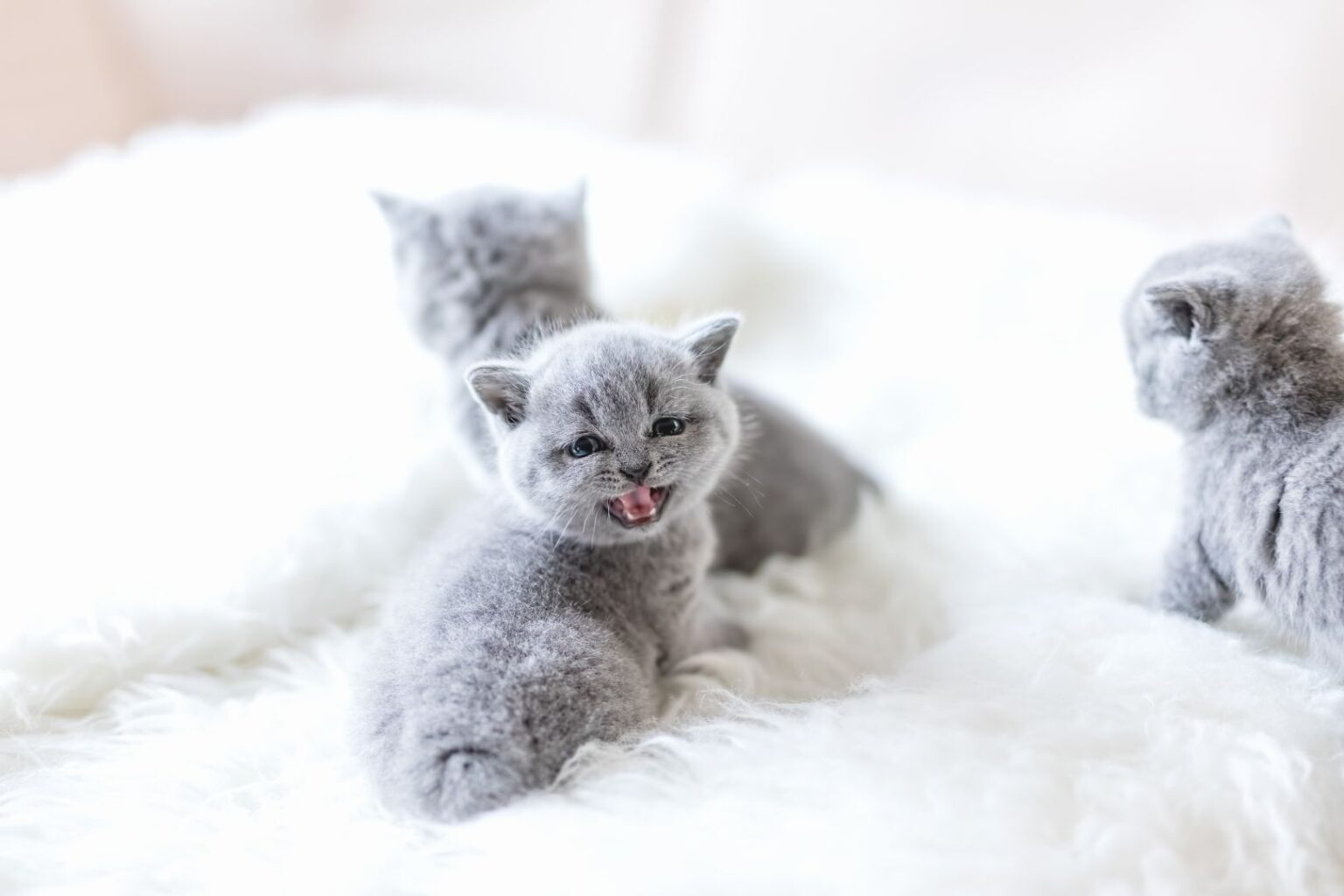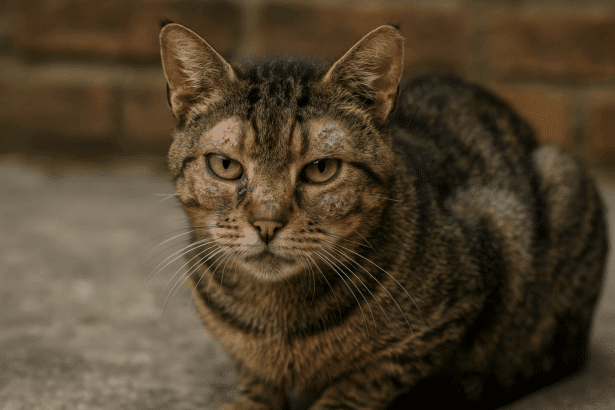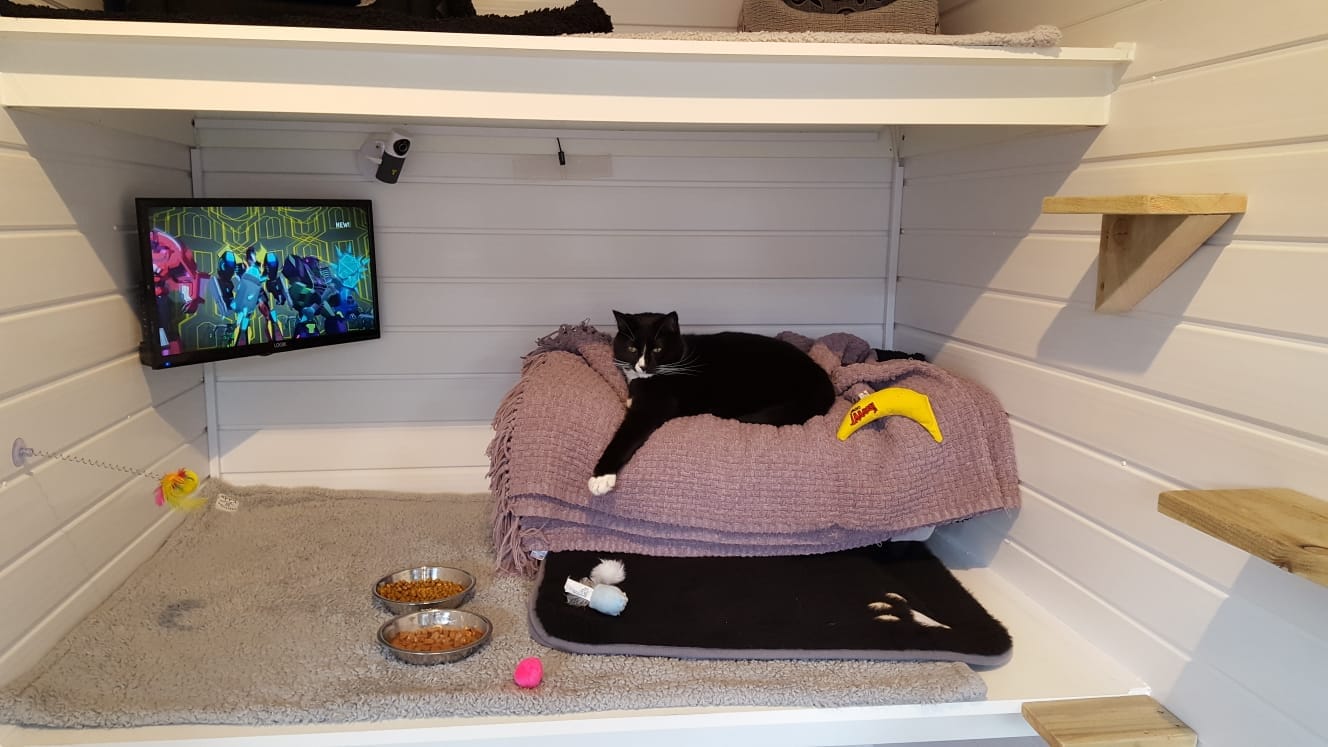Cat meowing nonstop? Here’s what she’s telling you
Your cat has a lot to say, and she’s not shy about saying it. A few chirps are cute… but when the meowing doesn’t stop, it can rattle your nerves and your sleep. Let’s decode those messages and bring the volume down—gently.
First truth to keep in mind: meowing is mainly for us. Adult cats rarely meow to each other; they’ve fine-tuned this voice to get human attention. Clever, right?
What a constant meow can mean
- “I’m hungry.” Meals are the top reason for vocal demands—especially if breakfast used to arrive at 6:59 on the dot.
- “Notice me.” Bored, lonely, or craving playtime? Attention-seeking meows are common in affectionate cats.
- “I’m stressed.” Changes at home, a new pet, or neighborhood cats outside can spark anxious vocalizing.
- “I’m in heat.” Unspayed females often meow loudly and persistently during their heat cycle.
- “I’m not well.” Pain, hyperthyroidism, cognitive changes in seniors, or sensory loss can increase meowing.
Want to sharpen your ear? You’ll love this quick guide on how to interpret your cat’s meows.
A tiny history of the meow
Wild ancestors didn’t “chat” much—silent stalking is better for survival. As cats moved closer to humans, they expanded their vocal range with us in mind.
If you’re curious about their roots, meet the cat’s ancestor and see how our sofa tigers evolved.
Fun fact: many cats develop a “solicitation meow” that sounds more urgent at mealtime. It’s a melodic nudge designed to make you act fast.
Common scenarios behind incessant meowing
Food routines and “kitchen karaoke”
If meowing peaks around the pantry, you’ve got a schedule-savvy feline. Cats are routine lovers; one early breakfast can turn into a daily wake-up call.
- Set fixed mealtimes and stick to them.
- Use puzzle feeders to slow eating and extend satisfaction.
- Feed after a short play session to mimic hunt–eat–groom–sleep.
Night meowing and midnight zoomies
Cats are crepuscular—more active at dawn and dusk. That can translate to “I want company” at 3 a.m. Curious why it happens (and how to fix it)? Explore why cats meow at night.
- Schedule an energetic play session 60–90 minutes before bed.
- Offer a satisfying snack right after play to encourage sleep.
- Keep the bedroom calm, dark, and boring—no toys on the floor.
Medical flags to rule out
When meowing is new, louder, or clearly distressed, think health first. Your vet should check for:
- Pain or discomfort (dental issues, arthritis, abdominal pain)
- Hyperthyroidism (common in seniors; can cause restlessness and vocalizing)
- Cognitive dysfunction in older cats (confusion, nighttime calling)
- Hearing or vision loss
Spot early signs with this handy primer on how to spot common cat diseases.
How to calm the meowing (without hurting your bond)
Simple fixes that truly help
- Enrich the day. Two to three focused play sessions with a wand toy beat boredom and reduce attention-seeking.
- Feed smart. Predictable meal times, puzzle feeders, and small, frequent portions for grazers = fewer “Feed me!” solos.
- Make the environment feel safe. Give high perches, hiding spots, and window views; consider a pheromone diffuser during changes at home.
- Refresh the basics. Clean litter, fresh water, and a cozy, quiet nap zone can dial down anxiety meows.
Original tip: Create a “Quiet Mat.” Place a small mat where meowing usually happens (kitchen, hallway). The moment your cat steps on the mat and is silent for 2–3 seconds, mark it with a gentle “Good quiet” and give a tiny treat. Gradually increase the silence before the treat, and move the mat farther from the trigger spot. You’re teaching a clear, calm behavior that earns attention—silence.
A common mistake to avoid
Don’t reward meows on demand. Feeding or petting right after a loud meow teaches your cat that meowing works—even faster next time. Instead, wait for a beat of quiet, then reward calmly. You’re reinforcing the behavior you want.
Need a deeper dive into feline chat? Here’s our ultimate guide to understanding your cat’s meow.
When to call the vet
- Sudden, intense, or painful meowing
- Meowing plus other changes: appetite, thirst, vomiting, potty habits
- Senior cat vocalizing at night with confusion or disorientation
- No improvement after 24–48 hours of routine and enrichment
You know your cat best. If your gut says “This isn’t normal,” a quick check can bring peace of mind and relief for both of you.
Conclusion
Persistent meowing is your cat’s way of asking for help—more play, a steadier routine, extra comfort, or sometimes medical care. With a few gentle tweaks and clear boundaries, you can turn down the volume and turn up the harmony at home.
FAQ
How do I stop my cat from meowing for food?
Set fixed mealtimes, use puzzle feeders, and only reward quiet moments. Play before feeding to satisfy the hunt instinct and reduce begging.
Why does my senior cat suddenly meow at night?
Age-related changes, pain, or hyperthyroidism can trigger nighttime vocalizing. Ask your vet to rule these out and adjust routines for comfort.
Do some breeds meow more than others?
Yes. Vocal breeds like Siamese, Oriental, and Bengal can be chattier. Enrichment and predictable routines help keep the chatter balanced.
Will spaying or neutering help with excessive meowing?
For cats in heat or calling for mates, yes—spaying or neutering often reduces loud, persistent vocalizing linked to hormones.








